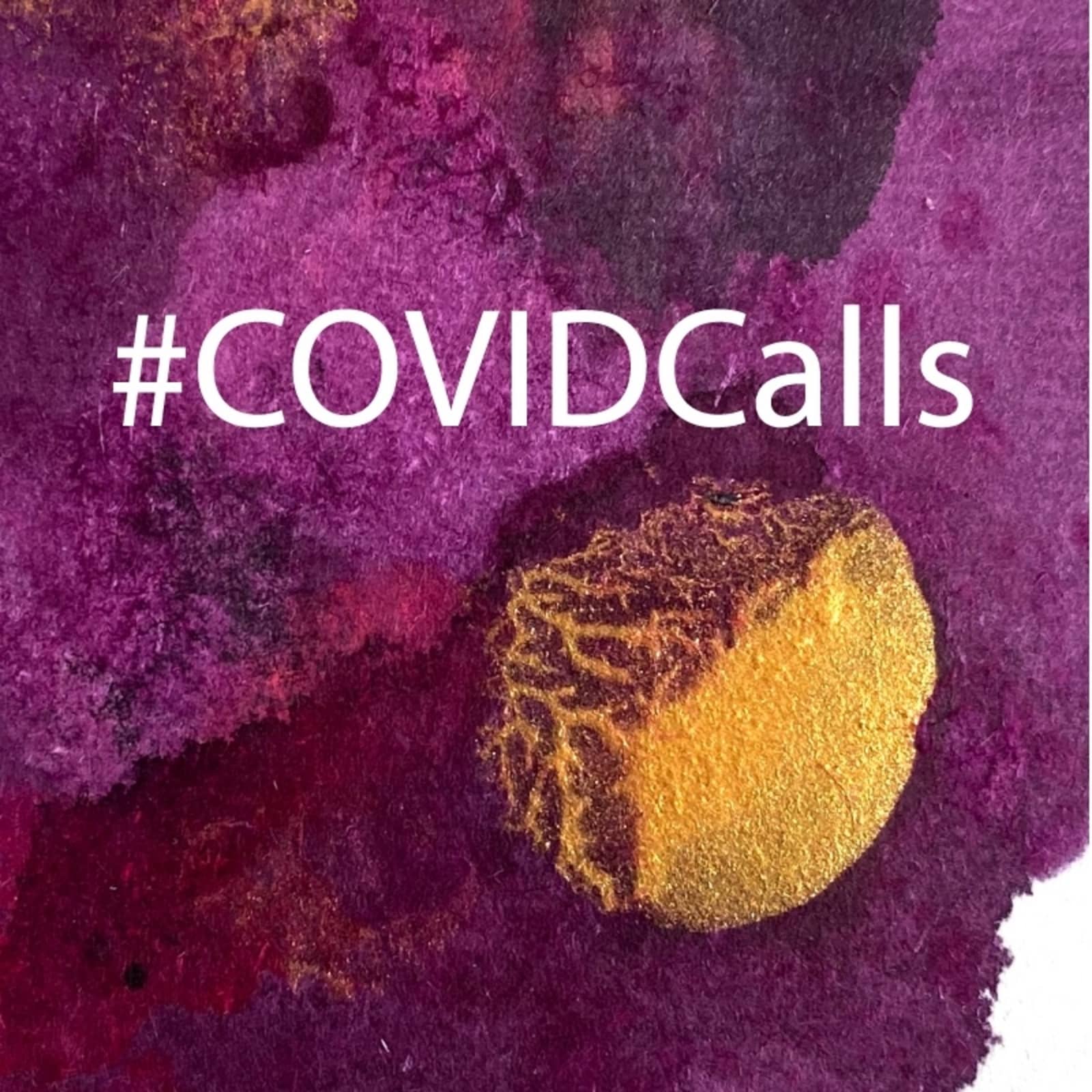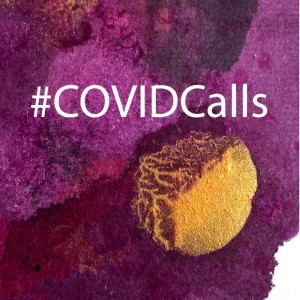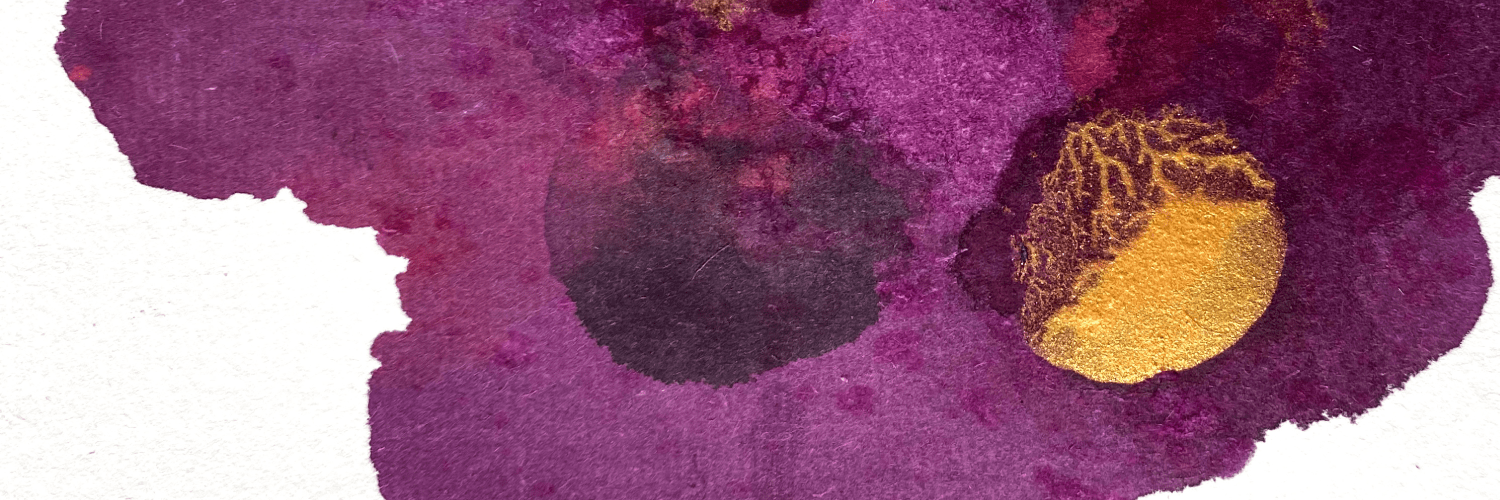
56K
Downloads
504
Episodes
A daily discussion of the COVID-19 pandemic with a diverse collection of disaster experts - hosted by Dr. Scott Gabriel Knowles, a historian of disasters at KAIST in Daejeon, South Korea.
A daily discussion of the COVID-19 pandemic with a diverse collection of disaster experts - hosted by Dr. Scott Gabriel Knowles, a historian of disasters at KAIST in Daejeon, South Korea.
Episodes

Friday Mar 05, 2021
EP #234 - 03.05.2021 - COVID-19 in Portugal
Friday Mar 05, 2021
Friday Mar 05, 2021
Today is a discussion of COVID-19 in Portugal with João Machado, Inês Navalhas Tiago Saraiva, & Hugo Soares.
João Machado has been a research fellow in History of Science and Technology since 2012, and since 2020, a PhD candidate in History, Philosophy and Heritage of Science and Technology at the NOVA School of Science and Technology. His project is concerned with computing in Portugal in the 1980s, linking the framing of computing as a wider social concern with the new development perspectives opened by the 1974 Democratic Revolution.
Inês Navalhas is a PhD candidate in History, Philosophy, and Heritage of Science and Technology at NOVA School of Science and Technology. Her thesis concerns science communication in a portuguese book collection focused on science and technology. Inês is recently working in an European Project called NEWSERA, related to citizen science as a new form of science communication and ENJOI, also an European Project regarding science journalism in Europe.
Tiago Saraiva is Associate Professor of History at Drexel University, coeditor with Amy Slaton of the journal History and Technology, and author of Fascist Pigs: Technoscientific Organisms and the History of Fascism (2016). He is currently studying the significance of cloning Californian oranges for the history of racial capitalism in the United States, South Africa, Algeria, Palestine, and Brazil, and completing Moving Crops and the Scales of History, a collective manuscript with multiple co-authors.
Hugo Soares is a Ph.D. candidate in History, Philosophy, and Heritage of Science and Technology at the New University of Lisbon. His dissertation project studies the development of the Portuguese Scientific Research System after the 1974 Democratic Revolution and he has also been developing work in Material Culture and Scientific Instruments.

Thursday Mar 04, 2021
EP #233 - 03.04.2021 - Counting the Pandemic
Thursday Mar 04, 2021
Thursday Mar 04, 2021
Today is a discussion of COUNTING THE DEAD, AND ACCOUNTING FOR CARE IN THE PANDEMIC with Jacqueline Wernimont and Robert Soden.
Robert Soden is an Assistant Professor at the University of Toronto working on crisis informatics, human-centered computing (HCC), and science and technology studies (STS). His research uses a range of ethnographic, participatory, and design research methods to evaluate and improve the technologies we use to understand and respond to environmental challenges like disasters and climate change.
He holds a PhD in Computer Science from the University of Colorado Boulder, and orior to starting his PhD, he was a researcher at the The Center for Neighborhood Technology and the World Resources Institute, a software developer at Development Seed, and a consultant to the World Bank’s Global Facility for Disaster Reduction and Recovery (GFDRR).
Jacqueline Wernimont is Distinguished Chair of Digital Humanities and Social Engagement
& Associate Professor of Women’s, Gender, and Sexuality Studies at Dartmouth College
She is an anti-racist, feminist scholar working toward greater justice in digital cultures and a network weaver across humanities, arts, and sciences.
Her first book, Numbered Lives: Life and Death in Quantum Media came out with MIT Press in 2019—it uses a two-part structure to historicize the counting of life and death in Britain and the United States. She is also the co-editor of the recent Bodies of Information: Intersectional Feminism and Digital Humanities (with Elizabeth Losh).

Wednesday Mar 03, 2021
EP #232 - 03.03.2021 - The Pandemic and the History of Mutual Aid
Wednesday Mar 03, 2021
Wednesday Mar 03, 2021
Today is a discussion in partnership w/the Lepage Center for History in the Public Interest of Villanova University. I will be talking with Tyesha Maddox and Daniel Joslyn about the pandemic and the history of mutual aid.
Daniel Joslyn is a PhD candidate in history at New York University, whose work recovers a largely forgotten transnational mystical feminist socialist movement at the turn of the twentieth century. He is a core member of Mutual Aid NYC, and is in the process of building an online open-source library by and for organizers across movements in and around New York City to co-locate, find and preserve materials vital to their organizing work. He is also the co-editor of notariot.com, an educational resource teaching people about the roots of the 2020 uprising in the black radical tradition.
Tyesha Maddox is an Assistant Professor at Fordham University in the Department of African and African American Studies. She received her PhD in History from New York University in 2016. She received a BA in History and Africana Studies and a MPS in Africana Studies both from Cornell University. Her current manuscript, "From Invisible to Immigrants: Political Activism and the Construction of Caribbean American Identity, 1890-1940," examines the significance of early twentieth century Anglophone Caribbean immigrant mutual aid societies and benevolent associations in New York.

Tuesday Mar 02, 2021
EP #231 - 03.02.2021 - Pandemic, Politics, & History with Kevin M. Kruse
Tuesday Mar 02, 2021
Tuesday Mar 02, 2021
Today is a discussion on politics, history, and the pandemic with historian Kevin M. Kruse.
Kevin M. Kruse is a Professor of History at Princeton University. He specializes in the political, social, and urban/suburban history of twentieth-century America, with a particular interest in conflicts over race, rights and religion and the making of modern conservatism.
Kevin is currently conducting research for his new book, The Division: John Doar, the Justice Department, and the Civil Rights Movement (contracted to Basic Books)
He is also the co-author with Julian Zelizer of Fault Lines: A History of the United States since 1974 (W.W. Norton, January 2019); One Nation Under God: How Corporate America Invented Christian America; White Flight: Atlanta and the Making of Modern Conservatism and numerous additional edited and co-authored volumes.
He also maintains a lively social media presence on Twitter: @KevinMKruse

Tuesday Mar 02, 2021
EP #230 -03.01.2021 - Recovery, Disability, and Politics in the Pandemic
Tuesday Mar 02, 2021
Tuesday Mar 02, 2021
Today is a discussion in partnership w/the Lepage Center for History in the Public Interest of Villanova University. I will be talking with Britt Dahlberg and Jessica Martucci about their project: Beyond Better: Experiences of Recovery, Disability, and Politics in Pandemics.
Britt Dahlberg completed a Phd in Anthropology at the University of Pennsylvania. Before BeyondBetter, she co-designed and led the five-year REACH Ambler Project to use ethnography, oral history, and theater to open up spaces for public dialogue about environmental risk and uncertainty in social and historical context. Britt recently took up the role of Director of Research, of the Center for Humanism, Professionalism, Ethics, and Law, at Cooper Medical School of Rowan University
Jessica Martucci completed a PhD in the History and Sociology of Science, and later earned a Masters degree in Bioethics, at the University of Pennsylvania. Prior to launching Beyond Better, she spent three years leading an Oral History Project that documented the experiences of disabled Scientists.

Friday Feb 26, 2021
EP #229 - 02.26.2021 - COVID-19, Disaster and, Mental Health in Turkey
Friday Feb 26, 2021
Friday Feb 26, 2021
Today is a discussion COVID-19 and mental health in Turkey with Dr. Cengiz Kılıç.
Dr. Cengiz Kılıç graduated from Istanbul University Medical School in 1984, and did his residency training at Hacettepe University. He is currently professor of psychiatry, working full-time at the psychiatry department of Hacettepe University Medical School in Ankara.
As a member of the academic staff, he takes part in education directed both to students and residents, in addition to clinical work. His main clinical and research interests are in the area of anxiety disorders, traumatic stress, psychiatric assessment and epidemiology. After the major earthquakes of 1999 in Turkey, he took part as research and clinical supervisor in an international project led by University of London, Institute of Psychiatry, where he also completed his PhD. He was the principal investigator of the first nationally representative epidemiological survey, the “Mental Health Profile of Turkey”, and co- PI of the World Mental Health Survey-Turkey. He is associate editor of two scientific journals: the Turkish Journal of Psychiatry, and the Journal of Traumatic Stress.

Thursday Feb 25, 2021
EP #228 - 02.25.2021 - Documenting the Pandemic
Thursday Feb 25, 2021
Thursday Feb 25, 2021
Today is a discussion in partnership w/the Lepage Center for History in the Public Interest of Villanova University, Documenting the Pandemic with Erica Hayes and Beaudry Allen
Beaudry Rae Allen is the Digital and Preservation Archivist at Villanova University. Allen holds a Masters in Archives and Records Management from San Jose State University and a Masters in European History from Villanova University. In addition, she is deeply involved with the local Philadelphia archives community by serving on the organizing committee of A4BLiP (Archives for Black Lives in Philadelphia) and DEI committee for PACSCL (Philadelphia Area Consortium of Special Collections Libraries).
Erica Y. Hayes is a Digital Scholarship Librarian at Villanova University, where she coordinates Falvey Memorial Library’s digital scholarship program and collaborates with faculty and students on digital research projects. Prior to joining Villanova University, she was a North Carolina State University Libraries Fellow and the project manager on the Immersive Scholar Andrew W. Mellon Foundation grant. She holds a Master of Information Science and a Master of Library Science dual degree from Indiana University, Bloomington, with a specialization in digital libraries.

Thursday Feb 25, 2021
EP #227 - 02. 24.2021 - Bearing Witness: COVID-19 Oral History & the Public Good
Thursday Feb 25, 2021
Thursday Feb 25, 2021
Today is a discussion in partnership w/the Lepage Center for History in the Public Interest of Villanova University, with William Horne, KEERA Céire Kealty, and Fen Kennedy of the Bearing Witness: COVID-19 Oral History and the Public Good project.
William Horne, Co-Founder and Editor of The Activist History Review, is an Arthur J. Ennis Postdoctoral Fellow at Villanova University who writes about the relationship of race to labor, freedom, disability, and capitalism in post-Civil War Louisiana. He holds a PhD in History from The George Washington University and can be followed on Twitter at @wihorne.
Céire Kealty is a doctoral student in the Theology and Religious Studies Department at Villanova University. Her work employs fashion theory and theological ethics to interrogate the fashion industry and its contribution to labor exploitation, racism, and environmental degradation. She is also interested in garments as loci of power, mystery, and presence, in both religious and “secular” settings. Before coming to Villanova, she studied at Iona College in New Rochelle, NY, and received a BA in Religious Studies and BBA in Accounting. Her Twitter handle is @C31R3.
Dr. Fen Kennedy is an Assistant Professor of Dance at the University of Alabama. Their research - theoretical and physical - focusses on how dance can articulate the norms and values of a society, and how those norms can be challenged and changed. Their work has been featured in Dance Chronicle, the Journal of Dance Education, the Activist History Review and is forthcoming in several anthologies. Their latest dance work Pressure, commissioned in collaboration with Melissa Yes for the Alabama Repertory Dace Theatre, explored stressors on the lives of young women during the 2020 COVID-19 pandemic. In their spare time Fen teaches and organizes gender-friendly social partner dancing around the US.

Thursday Feb 25, 2021
EP #226 - 02.23.2021 - The Infectious Historians: Podcasting the History of Medicine
Thursday Feb 25, 2021
Thursday Feb 25, 2021
Today is a discussion of partnership w/the Lepage Center for History in the Public Interest of Villanova University, Merle Eisenberg of the The Infectious Historians Podcast.
Merle Eisenberg is a postdoctoral fellow at the National Socio-Environmental Synthesis Center (SESYNC) at the University of Maryland and received a PhD in history from Princeton University. He has published articles in the Proceedings of the National Academy of Sciences, the American Historical Review, and Past & Present among other venues. He co-founded and is co-editor of the Middle Ages for Educators that is designed for teachers, students, and members of the public who want to learn about Late Antiquity and the Middle Ages. He received a grant from the LePage Center for his weekly podcast, Infectious Historians that discusses historical pandemics and diseases while also discussing some pressing questions today.

Thursday Feb 25, 2021
EP #225 - 02.22.2021 - The History of Plague: New Perspectives
Thursday Feb 25, 2021
Thursday Feb 25, 2021
Today is a discussion of partnership w/the Lepage Center for History in the Public Interest of Villanova University, "The History of Plague - New Perspectives" with Monica Green and Tunahan Dumaz.
Monica H. Green is an independent scholar specializing on the history of medicine in the Middle Ages. Although trained as a Europeanist, she has long recognized the intimate ties between Europe and the Islamic world, both of which suffered from the devastations of plague both in the early Middle Ages and again at the end of the medieval period. That work led her to explore the significance of new findings from genetics, which tells a story of plague's effects well beyond the confines of Europe. She is currently working on two books: a history of the medical translations of the 11th-century monk, Constantine the African; and The Black Death: A Global History, which looks at the spread of plague throughout Eurasia and Africa.
Tunahan Durmaz is a first-year Ph.D. researcher in the Department of History and Civilization at the European University Institute, Florence. His research mainly focuses on Ottoman history with a special interest in social and cultural aspects of diseases. He specifically studies how urban communities of the Ottoman Empire, and the world around them, perceived the concept of disease in the seventeenth century and if/how their perceptions changed over time. Durmaz earned his M.A. degree at Sabanci University (Istanbul) in 2019 with his thesis titled “Family, Companions, and Death: Seyyid Hasan Nûrî Efendi’s Microcosm (1661-1665)”.
